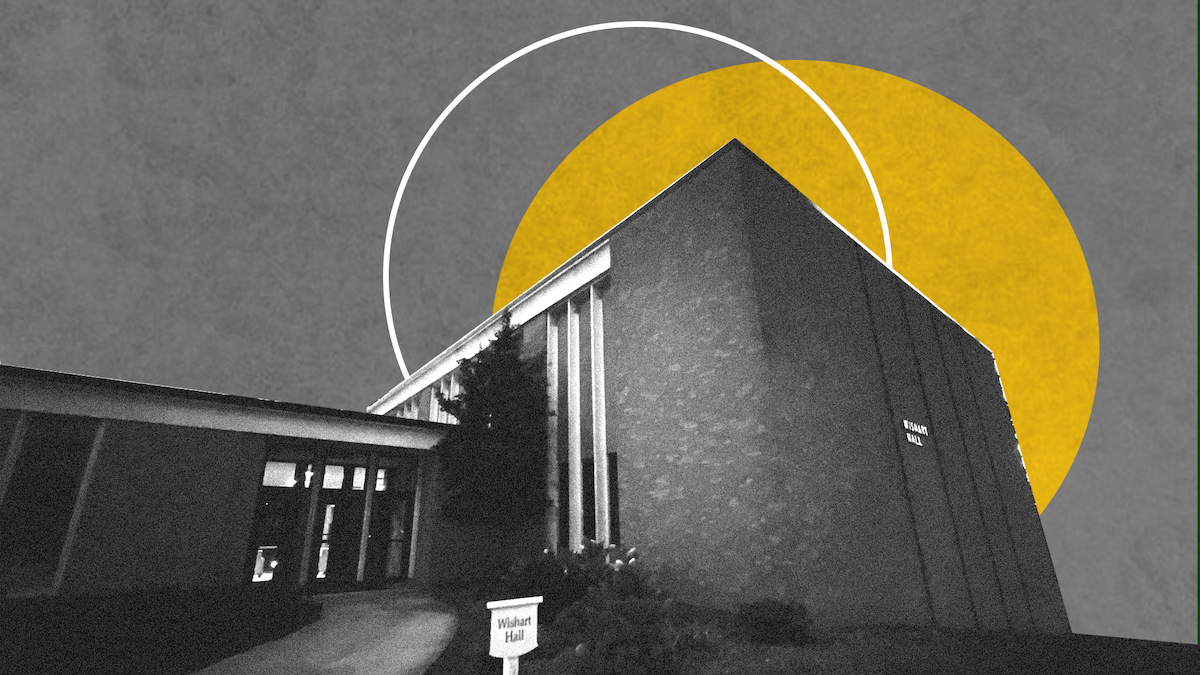
Ollie Bream
Contributing Writer
I am writing this article to express my concern for the future of the Communication Sciences and Disorders (CSD) department at the College of Wooster. In 2023 and 2024, two people graduated from the department each year. In the class of 2025, there are eight of us majoring in CSD. The class of 2027 has only three people currently declared in the major.
I fear for the legacy of my class, and the classes before me. I fear for Wooster’s chapter of the National Student Speech Language Hearing Association, the pre-professional student organization associated with the major. I fear for future students and resources they might not have. Students in CSD provide free speech, language and hearing services to residents of the City of Wooster…
I fear for the low-income individuals who might not have access to other therapy opportunities. I fear for the thousands of children who might lose access to speech, language and audiological services in America if the College of Wooster continues to be indifferent towards the importance of our major. I fear that low enrollment could be the death of my major at the College of Wooster.
I, like many students who flock to liberal arts schools, did not know what I wanted to be when I grew up. “I’m not too picky. I’ll do anything,” I said. When I was a sophomore, I declared a political science and communications double major. A month after I declared my majors, I had a crisis of identity that amounted to a meeting in ARC where I then switched to Intro to CSD with Professor Hammond and Phonetics with Dr. Furey. A week after that I dropped my two majors and picked up Communication Sciences and Disorders.
When I first saw CSD I thought it was STEM — and I am not a STEM-minded individual. It took CSD 141 for me to understand that CSD is more than just the biological aspects of human speech. CSD is the physical, social and linguistic elements that come together to provide humans with unique forms of communication, involving speech, language and audiological elements. CSD prepares students like me to go into the world with an understanding of what it means when communication is impaired, and how to help. Many of us become speech-language pathologists (SLPs), audiologists (AuD), teachers and more. CSD establishes the foundations for life; from breathing to reading, from eating to speech and social skills. We have the opportunity to work with people of all ages and identities to help bridge the gap between the self and others by providing communication skills and support.
As of 2024, there are two professors with PhDs in the department, meaning there are only two people to assist CSD majors with Independent Study. The only other professor in the department runs the Freedlander Speech and Hearing Clinic and Intro to CSD course. Dr. Goldberg, an audiologist, is planning on retiring in the coming years, meaning that there will only be Dr. Furey and Professor Hammond in the department unless the school can replace Dr. Goldberg when he retires. If the school is not able to replace Dr. Goldberg, there will only be specialists in Speech and Language, not Audiology.
So, if you take anything away from this, there is so much more to CSD than you might think or know. One day you might need the services of an SLP or audiologist in a nursing home, hospital, or various outpatient rehabilitation locations, or if you become a parent, in schools. I encourage you to try and understand the importance of the services CSD majors provide on campus, and in the world. Finally, we are not Computer Science or Communications majors.
